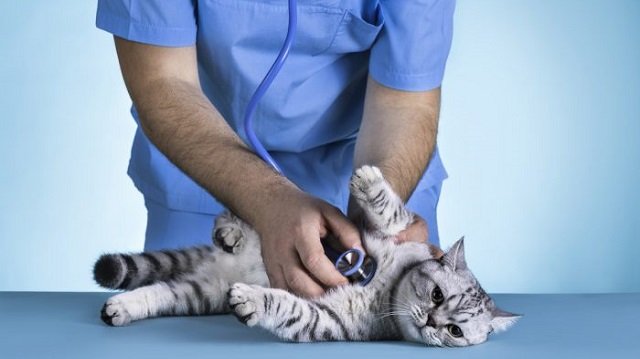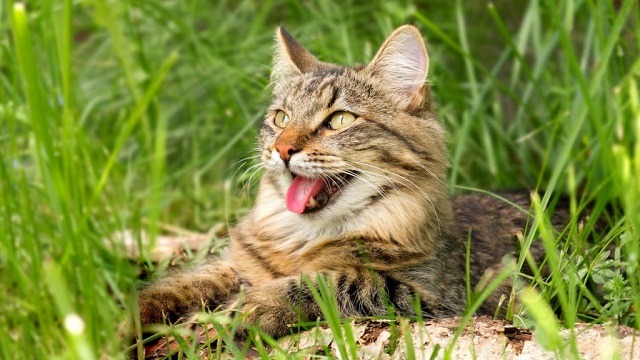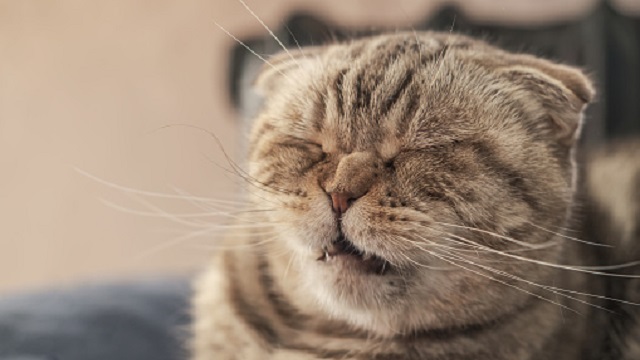Worried about your cat coughing? Don’t ignore it! Let’s take a look at the causes and treatments for common feline respiratory issues.
Cats are prone to respiratory issues, and one of the most common symptoms is coughing. While occasional coughing is usually not a cause for concern, persistent or severe coughing may indicate an underlying health issue. In this article, we’ll explore the common causes of cat coughing, as well as treatment options to keep your feline friend healthy and happy.
Common Causes of Cat Coughing
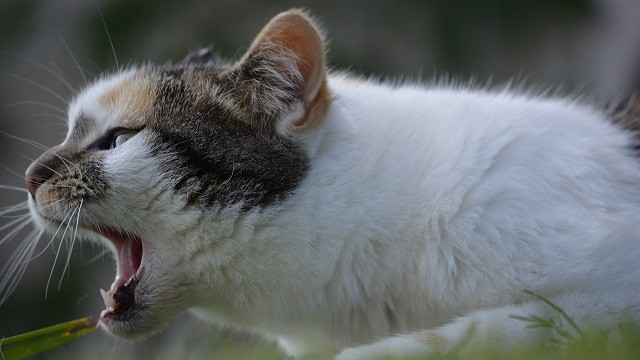
Cat coughing can be caused by a range of issues, from allergies and infections to more serious conditions like asthma, heart disease, or cancer. Some common causes of cat coughing include:
- Upper respiratory infections. Viruses, bacteria, or fungi can cause respiratory issues, which lead to coughing, nasal discharge, and sneezing.
- Feline asthma. A chronic respiratory condition that causes coughing, wheezing, and difficulty breathing. Asthma can be triggered by various environmental factors like dust, pollen, or smoke.
- Heartworm disease. A parasitic infection that can cause coughing as well as heart and lung damage.
- Inhaled irritants. Dust, smoke, or chemicals in the environment can irritate a cat’s respiratory system and lead to coughing.
- Pneumonia. An inflammation of the lungs that can be caused by a variety of infections or irritants.
- Lung cancer. A serious and potentially life-threatening condition that can cause coughing.
Different Types of Cat Coughs and What They Mean
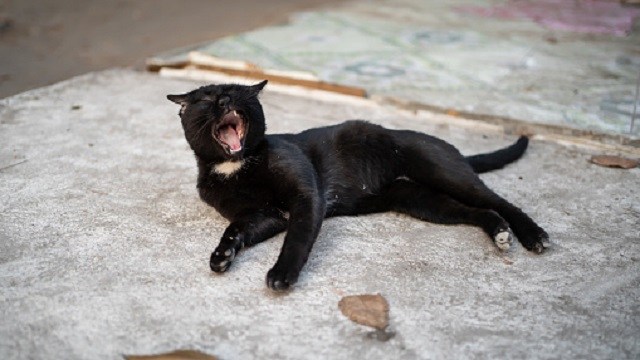
Cats can experience various types of coughs, and understanding the type of cough can help determine the underlying cause. Some common types of cat coughs include dry coughs, wet coughs, hacking coughs, and gagging or retching.
Dry coughs are usually associated with feline asthma or allergies and can be triggered by exercise, excitement, or stress. This type of cough may be accompanied by wheezing or difficulty breathing.
Wet coughs are often caused by infections like pneumonia or bronchitis and can be accompanied by phlegm or mucus. This type of cough may be more frequent in older cats or those with weakened immune systems.
Hacking coughs may indicate a more serious respiratory issue like lung cancer or heart disease and can be persistent and deep. This type of cough may also be accompanied by difficulty breathing, lethargy, or loss of appetite.
Gagging or retching may be due to hairballs or other gastrointestinal issues and can be accompanied by vomiting. This type of cough may be more common in long-haired cats or those who groom themselves frequently.
When to Seek Veterinary Care for Your Coughing Cat
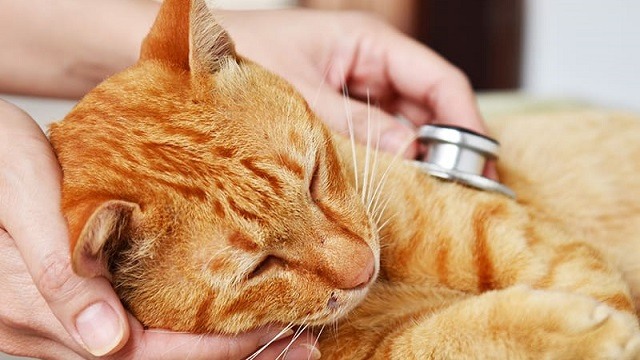
If your cat is coughing persistently or has other concerning symptoms like difficulty breathing or lethargy, it’s important to seek veterinary care. Your vet can perform a physical exam, run tests, and recommend appropriate treatment options based on the underlying cause of your cat’s cough.
Treatment Options for Cat Coughing
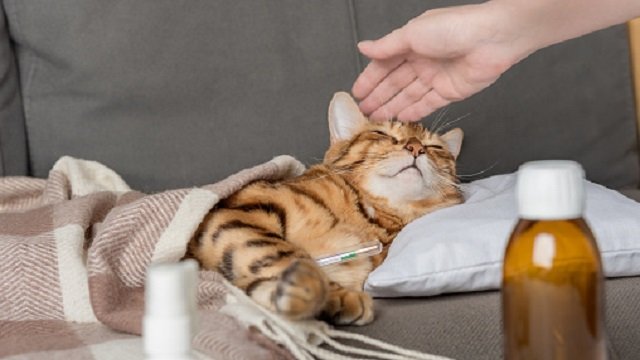
Treatment options for cat coughing can vary widely depending on the underlying cause. Some options may include:
- Antibiotics or antiviral medications for infections
- Bronchodilators or corticosteroids for feline asthma
- Heartworm treatment for heartworm disease
- Removal of inhaled irritants
- Chemotherapy or radiation for lung cancer
Managing Your Cat’s Chronic Cough
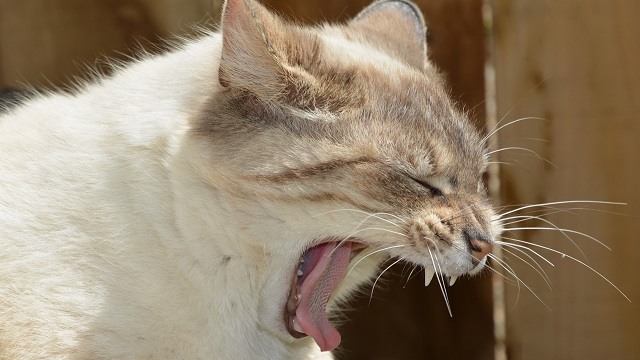
If your cat has a chronic cough, there are several things you can do to help manage the condition. The most important point is to keep your cat’s environment free of irritants to reduce the amount of airborne particles that can trigger your cat’s coughing. To do this, avoid using strongly-scented household cleaning products and vacuum regularly to reduce dust.
Another way to help your cat manage their cough is by using a humidifier or nebulizer to help with breathing. This can help keep your cat’s airways moist, making it easier for them to breathe.
Providing a high-quality diet and appropriate supplements can also help support respiratory health. A healthy diet can help support your cat’s immune system and respiratory function.
In addition, it’s important to schedule regular vet checkups to monitor the condition and adjust treatment as necessary. This is crucial because cat coughing can be a sign of a serious health issue, and it’s important to catch any potential problems early on.
Remember that cat coughing can be a sign of a serious health issue, and it’s important to seek veterinary care if your cat is coughing persistently or has other concerning symptoms. If you need any help deciding whether your cat needs to visit the vet clinic, Maven’s vet team is here to help.
With proper diagnosis and treatment, you can help your feline friend breathe easy and enjoy a happy, healthy life!
Maven is all about proactive pet care. Be your best friend’s best friend by giving them 24/7, high-quality, industry-leading vet care to improve their mental health, physical health and more. No more frantic googling or unneeded stressful visits to the vet – Maven helps you save hundreds while also ensuring your pet lives the best life possible. Get your kit now!

